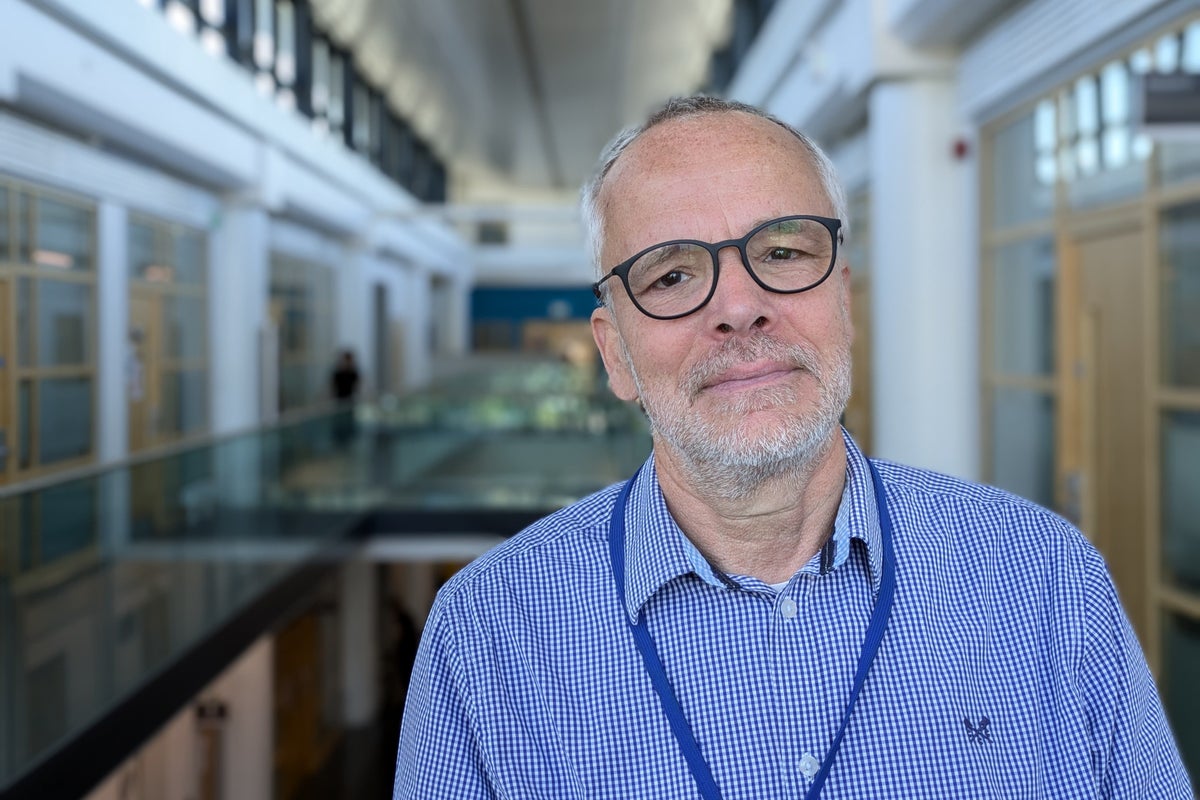Drugs that treat HIV are being trialled for the first time in people with multiple brain tumours, for which there is no current cure. Scientists believe the already-approved medicines ritonavir and lopinavir could shrink tumours in people with neurofibromatosis 2 (NF2), a genetic condition which causes tumours to grow along nerves. While usually non-cancerous, NF2 can cause symptoms such as loss of balance, hearing loss that gradually gets worse over time and ringing in the ears.
If tumours grow inside the brain or spinal cord or along the nerves of the arms and legs, people can suffer limb weakness and persistent headaches. The new clinical trial on 12 people, led by Professor Oliver Hanemann at the Brain Tumour Research Centre of Excellence at the University of Plymouth , will build on lab studies showing the HIV and Aids drugs can slow down and shrink NF2 tumours. Previous research has also shown promise in using the drugs for other types of brain tumour.

There are no current treatments for NF2, which affects about one in 25,000 to 40,000 people, other than surgery. Prof Hanemann said: “This could be the first step towards a systemic treatment for tumours related to NF2, both for patients who have inherited NF2 and developed multiple tumours, as well as patients who have a one-off NF2 mutation and have developed a tumour as a result. “If results are positive and the research develops into a larger clinical trial, it would be the most significant change for patients wit.























